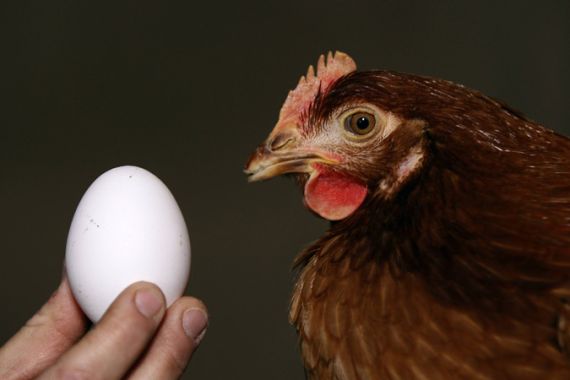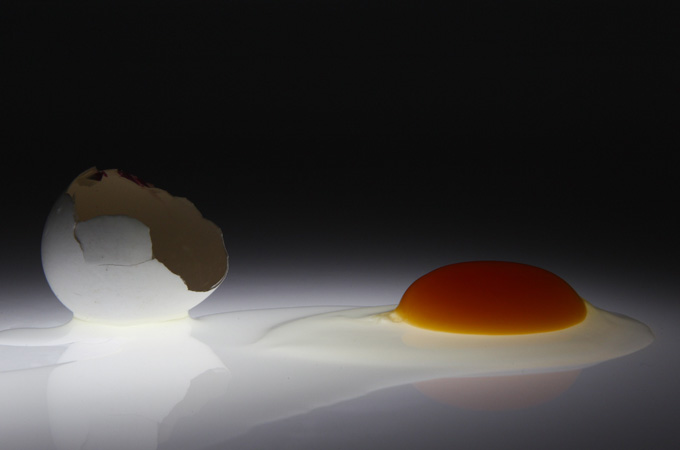Germany probes firm in dioxin case
Prosecutors launch investigation into company they suspect knew about existence of the toxic chemical in animal feed.

 |
| Germany has frozen sales of eggs from thousands of farms to halt contaminated food from spreading [Reuters] |
Prosecutors in the northern state of Schleswig-Holstein in Germany have launched an investigation into a firm they suspect knew that the fat it had produced for use in feed pellets was tainted with dioxin, a toxic chemical.
The state agriculture ministry said on Friday it had information that the company, Harles and Jentzsch GmbH, had been producing tainted fat for months – a declaration that shocked federal officials.
Keep reading
list of 4 itemsAfter the Hurricane
World’s coral reefs face global bleaching crisis
Why is Germany maintaining economic ties with China?
“If it is confirmed that the company knew since March that its fat was tainted but it did not inform authorities than that is highly criminal activity,” Ilse Aigner, the agriculture minister, told n-tv.
Test results published on Friday by the Schleswig-Holstein agriculture ministry showed that some of the fat contained more than 77 times the approved amount of dioxin.
Out of 30 samples tested so far, 18 contained more dioxin than legally allowed, it said.
The revelation came as Germany froze sales of poultry, pork and eggs from more than 4,700 farms to halt the spread of food contaminated with cancer-causing dioxin.
Fears are growing in several countries that farmers could have been using tainted livestock feed for months.
South Korea and Slovakia banned on Friday the sale of some animal products imported from Germany, while authorities in Britain and the Netherlands were investigating whether food containing German eggs – like mayonnaise or liquid egg products – was safe to eat.
Harles and Jentzsch did not immediately respond to calls from agencies seeking comment.
But Siegfried Sievert, chief of the firm, told the Westfalen Blatt daily earlier this week the company believed that byproducts from palm, soy and rapeseed oil used to make organic diesel fuels were safe for use in livestock feed.
Precautionary tests
Holger Eichele, the agriculture ministry spokesman, has said that all 17 German states are carrying out tests on milk and meat as an extra precaution.
Based on the most recent tests on eggs from farms where chickens ate the contaminated feed, he said “two-thirds have been clean and about one-third have been right on the border of what is considered dangerous”.
The scandal broke after regular random testing revealed excessive dioxin levels in eggs from chickens in western Germany earlier this week.
More than 8,000 chickens were ordered slaughtered and tainted food fears spread to Germany’s famous pork industry.
Germany’s agriculture ministry said on Friday that it had no immediate reports of health problems connected to the contaminated food, but it froze the slaughter of all livestock from certain farms until more tests could be carried out.
“This strategy is resulting in a high number of closed farms, which in the course of testing and clarification in the coming days will be reduced,” Aigner, the agriculture minister, said.
Food safety experts say that the amount of dioxin that might eventually reach humans was probably not enough to trigger a health scare.
“The concentrations detected in this case are above the legal tolerance limits, but only just. That tells you that the potential risk of harm from these eggs is very low,” Chris Elliott, an expert in food safety at Queens University, Belfast, said.